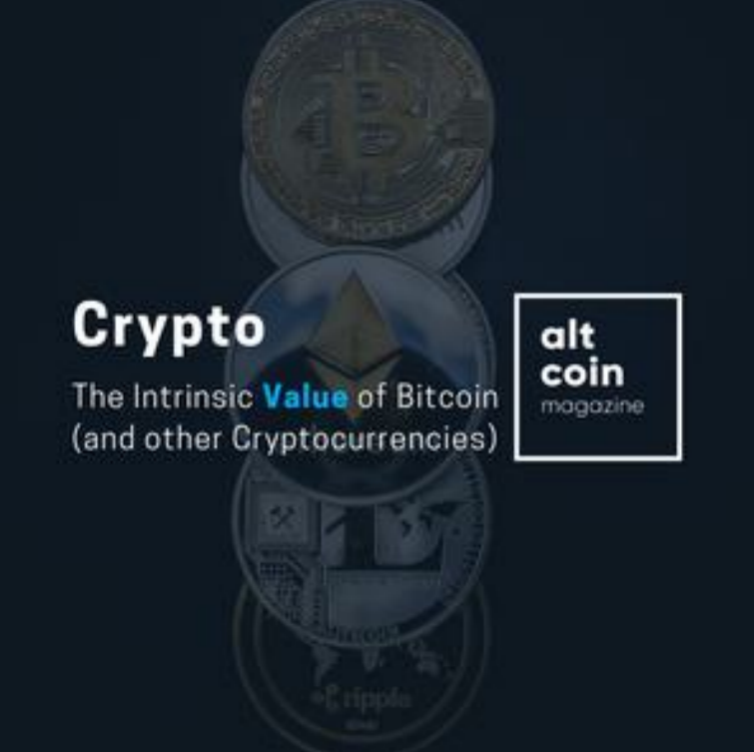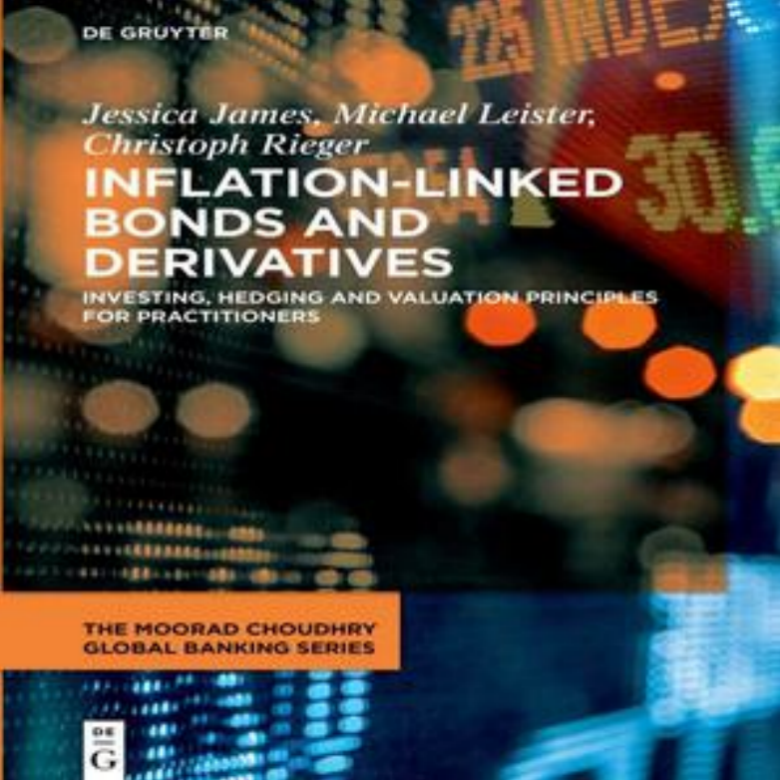As inflation approaches, wealthy individuals encounter the difficulty of protecting and increasing their assets in an unstable economic environment. In addition to standard inflation protection methods, there are advanced investment tactics that can provide both security and impressive returns. Below are five distinct investment strategies designed specifically for people with considerable financial resources.
Commodity - Linked Structured Products
Investing in raw materials like gold and oil is widely known; however, affluent investors may also consider structured products linked to commodities. These advanced financial tools blend aspects of debt and derivatives, allowing for customized exposure to changes in commodity prices. For instance, a principal-protected note tied to a group of agricultural products offers safety against losses while enabling investors to benefit from possible price rises. These structured products can be crafted to focus on particular inflation trends, such as the increased need for industrial metals driven by infrastructure projects or climbing food costs. Wealthy individuals can access these personalized options by collaborating with private banks or financial advisors, which usually involve higher initial investments but provide more flexibility and the potential for better returns.
Infrastructure - Focused Private Equity
Assets related to infrastructure, including toll roads, airports, and projects in renewable energy, are naturally resistant to inflation. When inflation rises, the income generated by these assets often grows, either due to approved price increases or increased demand. Wealthy individuals can access this market through private equity funds that focus on infrastructure. These funds put money into privately owned infrastructure projects, which tend to offer consistent cash flow and long-term growth in value. In contrast to publicly traded infrastructure stocks, private equity investments provide greater control over how assets are managed and directed strategically. Furthermore, numerous infrastructure initiatives benefit from government backing or secure long-term agreements, which help to minimize revenue fluctuations. Therefore, investing in infrastructure private equity can be a wise choice for those wanting to protect their investments from inflation while still achieving reliable returns.

Cryptocurrencies with Intrinsic Value
Though the cryptocurrency market is widely recognized for its unpredictable nature, some digital currencies have shown promise as a protection against inflation. Bitcoin, commonly labeled as "digital gold," has a capped supply that mirrors the rarity of precious metals. However, there are additional cryptocurrencies that provide genuine utility in the real world. For instance, Ethereum, which ranks as the second-largest cryptocurrency by market capitalization, supports a large network of decentralized applications (dApps) and smart contracts. As more people start using blockchain technology, the demand for Ethereum might rise, possibly increasing its value. Savvy investors can take a long-term approach to cryptocurrency by diversifying their portfolios with well-researched digital assets that demonstrate solid fundamentals and practical uses. This involves thorough research and a good understanding of the blockchain field, yet it holds the potential for considerable gains, especially during inflationary periods.

Farmland and Timberland Investments
Physical assets such as agricultural land and forests have long been recognized as effective ways to protect against inflation. When inflation occurs, farmland gains from higher food prices and the growing need for food as the population expands. Wealthy individuals have the option to directly purchase farmland or invest in agricultural-focused real estate investment trusts (REITs). These investments not only help safeguard against inflation but also have the potential to generate income through growing crops or renting out the land.Investing in timberland has similar advantages. As lumber prices increase during inflationary times, those who own timberland can benefit from cutting and selling trees. Moreover, the value of the land tends to go up over time. For those who prefer not to deal with directly managing forests, timberland REITs provide a way to invest in this sector easily. Both farmland and timberland serve as reliable assets that maintain their value and protect against the diminishing effects of inflation.
Inflation - Linked Derivatives
For investors who are knowledgeable and can handle high levels of risk, derivatives tied to inflation can provide effective strategies for both protection and investment opportunities. Take interest rate swaps, for instance; they can be designed to shield against the increase in interest rates, which typically rise during inflationary periods. Similarly, credit-linked notes can be tailored to address potential credit risks associated with investments influenced by inflation. Nonetheless, engaging with these derivatives demands a solid grasp of financial markets and risk management. Wealthy individuals should collaborate closely with seasoned financial advisors or experts in derivatives to create and implement strategies that fit their investment aspirations and risk tolerance. When utilized appropriately, inflation-linked derivatives can serve as a robust method for managing risks related to inflation while also enhancing the potential returns of a portfolio.

In summary, when inflation threatens to decrease purchasing power, affluent investors have a variety of advanced investment choices available. By investigating these distinct strategies, they can safeguard their assets and set themselves up for growth even in an inflationary climate. Each investment option calls for thorough evaluation, research, and often the support of financial professionals, but those ready to explore options beyond typical inflation hedges may find significant rewards.





